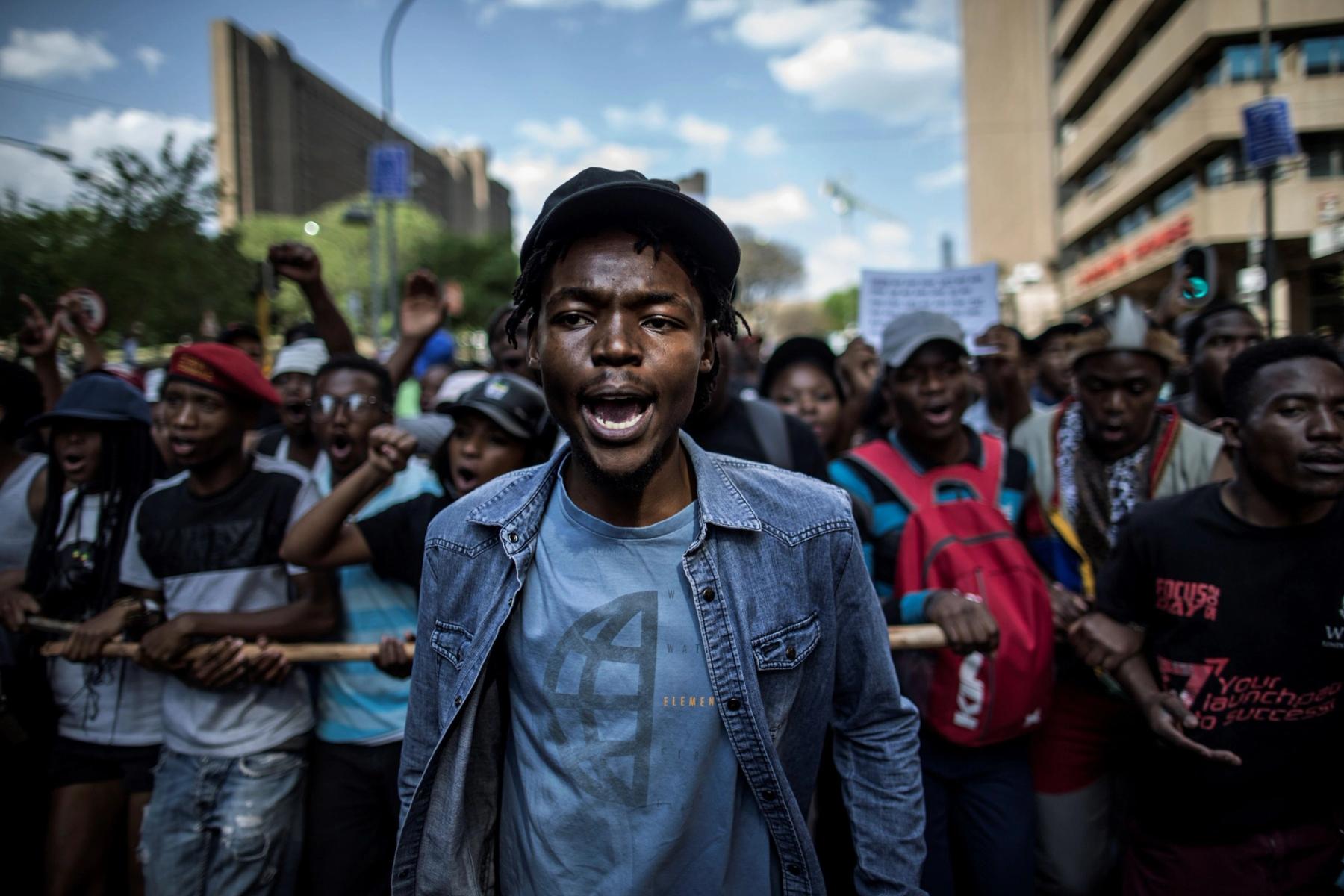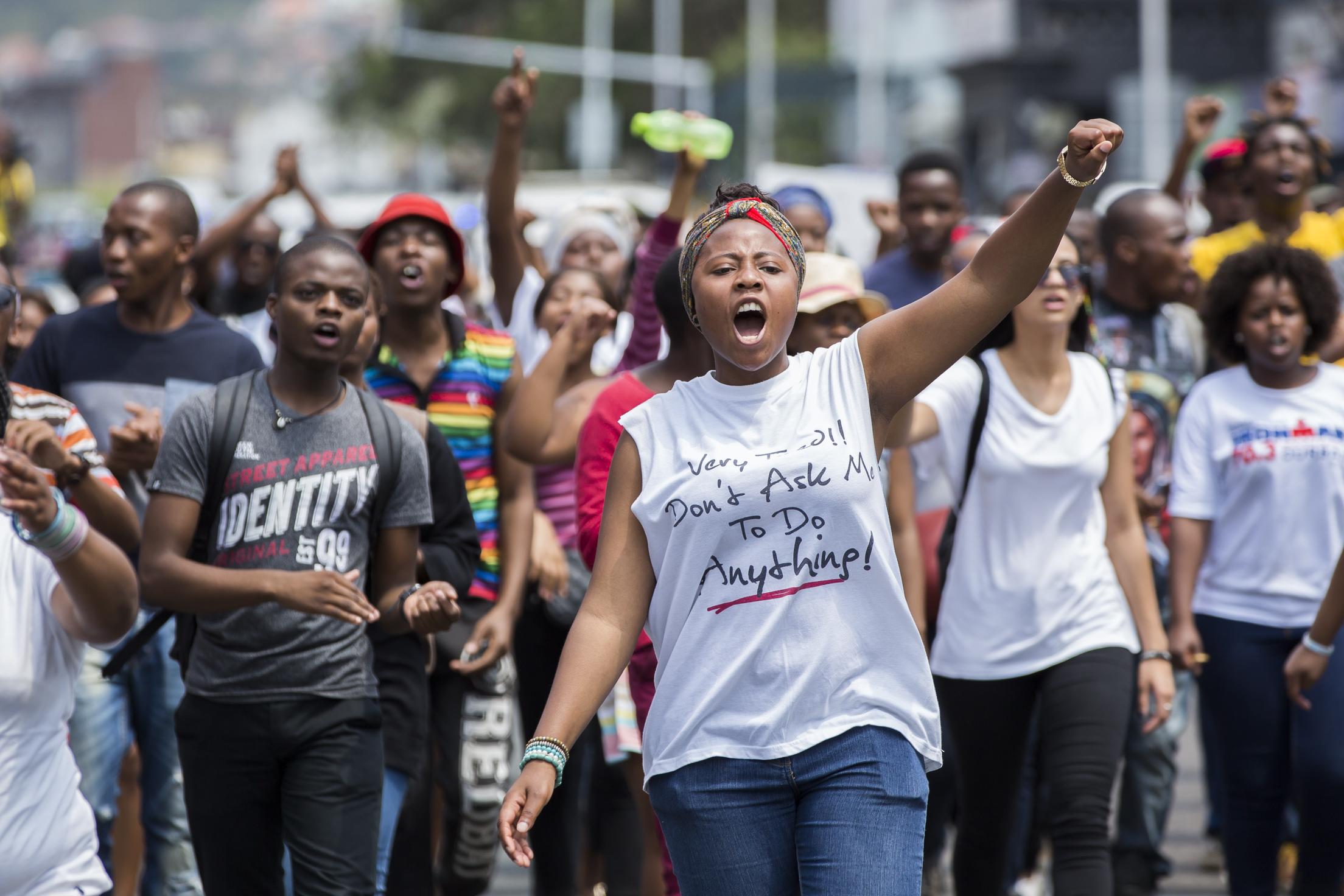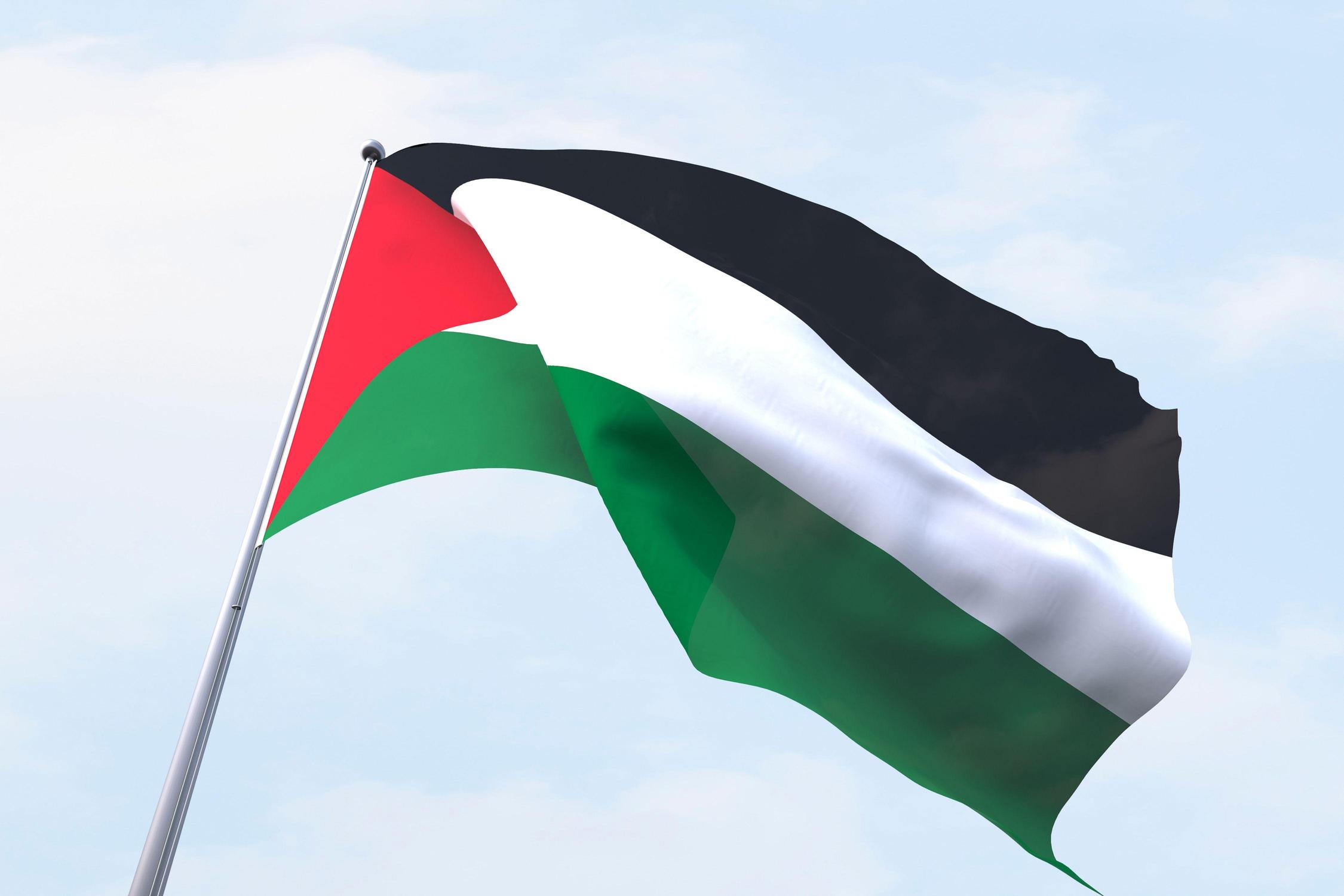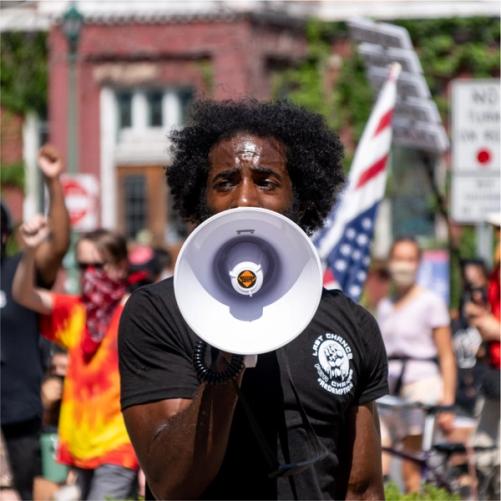News
Attacks on academic freedom signal an erosion of democracy
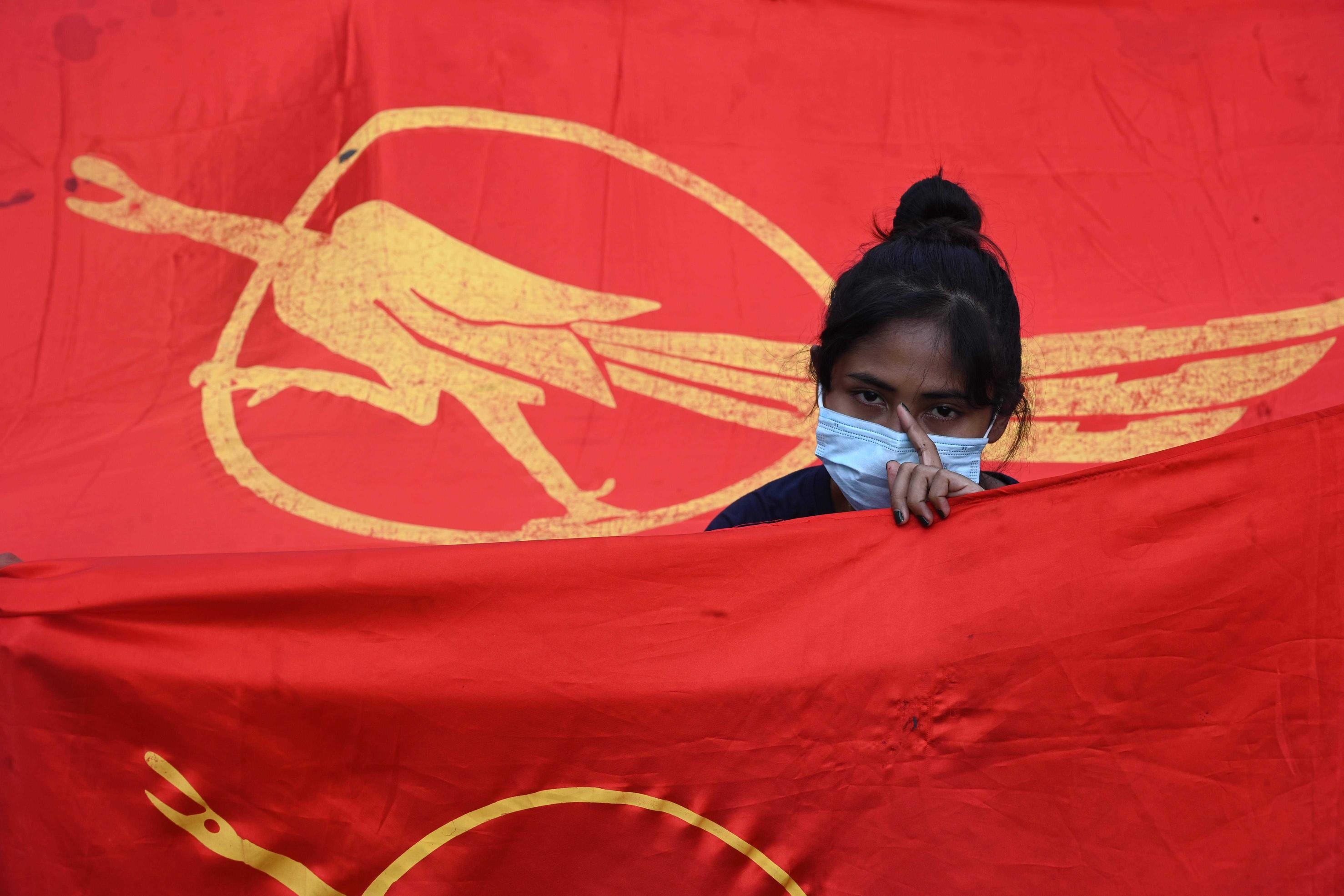
The world is witnessing an increase in authoritarianism, with a mere 13% of the global population currently living in liberal democracies, according to the latest V-Dem Institute Democracy Report.
This article was first published in University World News, 16.03.2023.
The number of people living in ‘not free’ countries has reached its highest level since 1997 and even though we have been experiencing, and documenting, 16 consecutive years of a global democratic decline, politicians and international organisations continue to ignore the intrinsic relationship between academic freedom and democracy.
The current democratic decline has been the result of a consistent and targeted erosion of the foundations of democracy. The suppression of freedom of speech and free elections have been acknowledged as warning signs of democratic erosion. It is time for us to recognise attacks on academic freedom in a similar fashion and strengthen the understanding of academic freedom as a foundational element upon which democracy is built.
Global deviation
The recently published Academic Freedom Index (AFI) Update for 2023* shows that academic freedom is in decline for more than 50% of the world’s population. Twenty-two countries showed a significant decrease in academic freedom in the past 10 years and the picture isn’t any brighter for the rest, with 152 countries stagnating at very low levels.
It is alarming how clearly the AFI data signals a global deviation away from academic freedom, with declines in all regions and across all regime types. In fact, today’s academic freedom levels are so low that we need to look all the way back to the 1980s to find a period when the average global citizen experienced anything similar.
Tools like the AFI allow for deeper examination of this phenomenon and provide us with the insights needed to identify patterns of academic freedom reduction in both autocratic and democratic countries.
If academic freedom is a fundamental pillar of democracy, monitoring its development and countering any possible decline in a timely fashion would have a positive impact when it comes to solidifying democratic societies. The correlation between academic freedom and democracy gives us the opportunity to identify early trends in democratic decline before situations spiral out of control.
Backslide into autocracy
India is a good example of this correlation. Academic freedom started to decline in the country as early as 2009, with a subtle drop in university autonomy before a more drastic drop in all other elements in 2013. This only worsened after Narendra Modi’s election as prime minister in 2014. The sharp decline in academic freedom, which went unaddressed, happened just two years before the collapse of India’s electoral democracy in 2016 – the year in which an electoral autocracy was consolidated.
As mentioned in the AFI 2023 update, the case of India demonstrates the pernicious relationship between academic freedom and the country’s subsequent backslide into autocracy.
India’s case isn’t an isolated situation. The forthcoming report by the Norwegian Students’ and Academics’ International Assistance Fund (SAIH) on the repression of student activism, Activism Under Attack, shows that there is evidence across different contexts, from more open societies to those categorised as more repressed, that attacks on student activists and movements which fall under the academic freedom banner act as early alerts of democratic backsliding.
It has been argued by Niraja Gopal Jayal in University Autonomy Decline that the attacks on academic freedom in India were only possible due to the absence of a legal framework to protect academic freedom. Unfortunately, this gap exists in many other countries as well as at the regional and global level.
Early warning system
There is an urgent need to strengthen the normative framework and legal protections related to academic freedom if we want to be able to monitor its development. States and international organisations could then use the monitoring of academic freedom as part of an early warning system for attacks on democracy.
This would be relevant for important players such as the Council of Europe since declines in academic freedom have recently taken place in correlation with the increased move to autocracy in countries such as Poland, Hungary, Russia and Belarus.
Similarly, it would be relevant within the United Nations, since even ‘academic powerhouses’ such as the United States of America and the United Kingdom show significant declines in academic freedom in times where their democratic systems are under stress.
Academic freedom needs increased attention and recognition from politicians and decision-makers, and there is no doubt that the benefits of including it in existing monitoring systems would have a wide impact. A concrete example of how a normative framework could look can be found in the Inter-American Commission on Human Rights’ adoption in December of 2021 of the Inter-American Principles on Academic Freedom and University Autonomy. We also welcome the European Parliament’s efforts to monitor the development of academic freedom as a key ‘living’ principle in politically democratic regimes.
Protecting the academic community
Lower levels of academic freedom shouldn’t be perceived as a theoretical or abstract issue since they lead to adverse real-life consequences for the individuals who make up the academic community.
In 2022, the Free to Think report recorded 391 attacks on higher education communities, with 41% of these being targeted at students. We need to monitor academic freedom, but parallel to this, there is an increased need to establish protection mechanisms for those most vulnerable to the negative consequences of this decline.
Protection initiatives such as the Scholars at Risk Network and Norwegian Students at Risk need to receive increased attention and funding so that they reach even more students and academics.
Establishing a much-needed policy framework for academic freedom, constantly monitoring and swiftly countering its decline, and protecting individuals in the academic community are three actions that can protect one of the fundamental pillars of democracy and put the world back on track to a democratic future.
Written by: Hector Ulloa is president of the Norwegian Students’ and Academics’ International Assistance Fund; Sunniva Whittaker is rector of the University of Agder, Norway; and Svein Stølen is rector of the University of Oslo, Norway.
The Academic Freedom Index
The Academic Freedom Index (AFI) defines a range of components “often considered essential to the de facto realisation of academic freedom based on a review of the literature and in-depth discussions with transnational policy-makers, academics and advocates in the higher education field”. The AFI rests on five key indicators: the freedom to research and teach; the freedom of academic exchange and dissemination; the institutional autonomy of universities; campus integrity; and the freedom of academic and cultural expression. Through these five indicators, the AFI captures elements of academic freedom “that are a) comparable across different university systems around the world and b) specific to the academic sector”.
